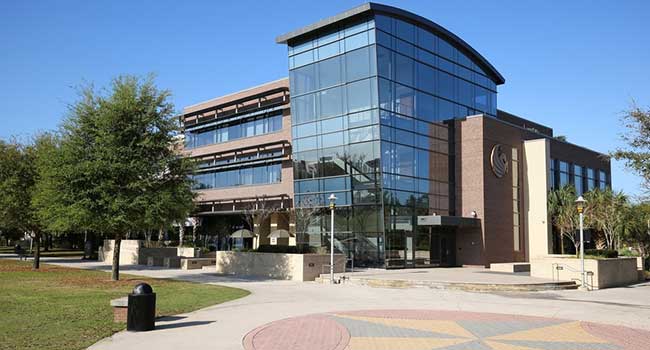
UCF Implements License Plate Readers around campus to identify suspect vehicles
The University of Central Florida installed license plate readers at all entrances and exits, as well as on some UCF parking and transportation vehicles. The cameras went into use this month.
- By Kaitlyn DeHaven
- July 03, 2019
The University of Central Florida just recently installed license plate readers. The devices will help UCF police track down unwanted guests and make the campus a safer place.
UCF Police Chief Carl Metzger said the cameras will be of vital importance in the safety of the campus.
“I think it’s going to be a game changer for us, and it will help us prevent crimes on the front end and help us investigate crimes on the back end,” Metzger told Click Orlando.
The devices are installed at all entrances and exits, and also will be mounted on some UCF parking and transportations vehicles. The images will be checked against law enforcement databases. The cameras have been installed since the beginning of this year, but went into use this month.
The device will allow campus police to check those tag numbers “against national and state systems that flag stolen or wanted vehicles; search for license or tag expirations or suspensions; or alert for individuals with criminal investigative interest,” according to a statement posted to UCF’s website.
Chief Metzger said that the cameras will not be used to monitor activity, unless the license plate number is linked to criminal activity.
“Simply put, UCFPD is not interested in monitoring anyone’s whereabouts with the exception of those who are likely to be connected to criminal activity,” Metzger said. “LPRs are a technology used at campuses and large facilities across the country, and we believe they are an important addition to UCF’s safety and security measures.”
Metzger said that the police will receive a notification when a car suspect of involvement in criminal activity passes a camera. Then, the officer can investigate and read the tag.
About the Author
Kaitlyn DeHaven is the Associate Content Editor for the Infrastructure Solutions Group at 1105 Media.